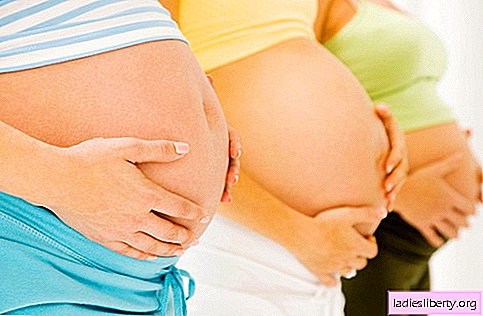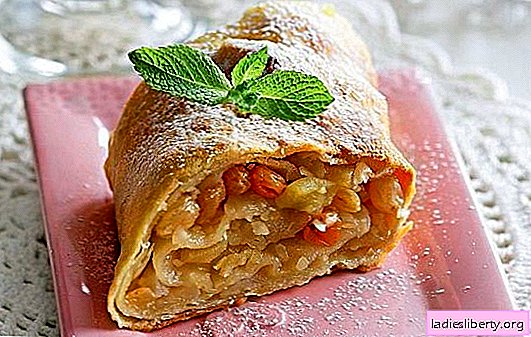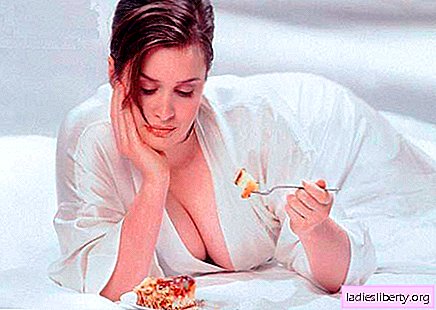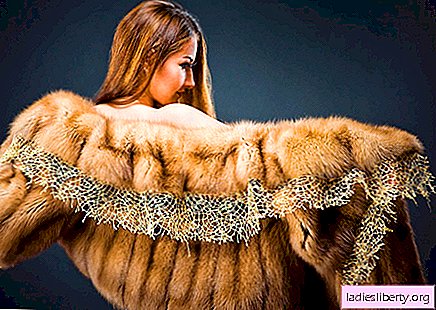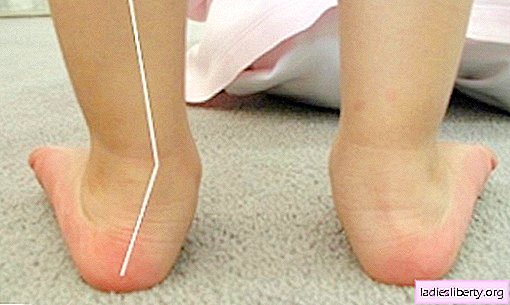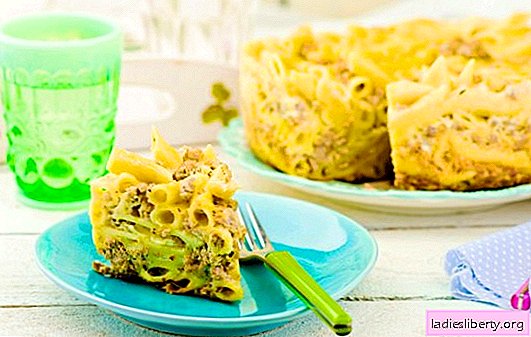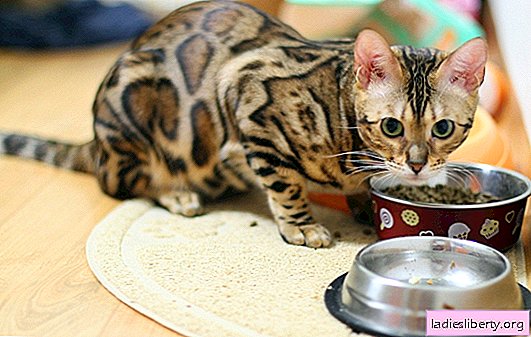
By the age of three months, kittens increase muscle mass, milk teeth change to permanent, the digestive system and skeleton are actively formed. Therefore, the full development and health of the pet depends on how to feed the kitten for 3 months. We will analyze 3 important aspects of this question: what foods should the baby's diet consist of, what kittens should not be fed with, how often and in what portions food should be given.
How to feed a kitten for 3 months: products for a balanced diet
Since all the cellular structures of the body are based on protein, meat becomes the main course of the kittens menu, consisting of natural products. This dish occupies up to 80% of the daily diet. At the same time, only a fillet of lean meats is allowed to feed the kitten - turkey, chicken, rabbit, beef, veal.
The meat must be boiled and chopped: in small pieces or twisted into minced meat. In raw form, kittens can be offered only frozen, high-quality product, in which there are guaranteed no helminths. Meat offal, in particular, a liver useful for the body, is allowed to be included in the menu no more than 1 time in 7-14 days.
Vegetables and fruits. They contain many vitamins, minerals and trace elements that are essential for a growing body. Kittens, like children, must eat them. Pumpkins, zucchini, cabbage (white and colored), cucumbers, beets, carrots, apples, watermelons, greens - all this is recommended to be offered to kittens in a raw (grated) and boiled form. If the baby refuses to eat, vegetables are mixed with minced meat or porridge is cooked on a vegetable broth.
By the way, cereals should also be present in the diet of a 3-month-old kitten. The digestive system purr best perceives oatmeal, semolina and rice. They are cooked both in vegetable and in meat (non-fat) broth, milk, water. To improve the taste of cereal mixed with meat or vegetables in a ratio of 1: 2.
Eggs are a useful and necessary product. But not protein. Kittens are allowed to give exclusively boiled chopped yolk. Raw yolk can be added to food no more than 1 time in 7 days. Entirely, without separating the protein from the yolk, the kittens are given quail eggs - 1 piece 2-3 times a week.
Sour-milk products with the lowest percentage of fat content must be included in the kitten's diet. Fermented baked milk, kefir, natural yogurt, sour cream, liquid (children's) curds, cream, yogurt - you can gradually offer a kitten in a warm form.
The 3-month-old kitten is allowed to eat fish. But in no case not freshwater, which can become a source of infection with helminths. Kittens are given only boneless marine fish fillets.
To replenish vitamins, furry pets need weed. It can be young nettle scalded with boiling water and chopped, sprouted wheat, barley, oats. You can buy grass at a pet store or grow it yourself on a windowsill.
Special mineral supplements and vitamin complexes (in tablets, capsules) are the main source of many trace elements and vitamins. If the kitten eats only natural food, they are sure to be added to cereals, mixed with meat and fish mincemeat. The same group of healthy products includes brewer's yeast. This product is added to the kittens food little by little.
How to feed a kitten for 3 months is strictly forbidden
First of all, it must be said that giving kittens food from their table is not worth it. Even if these are products approved for use by a pet. Dishes for people are prepared with the addition of salt and spices, which are completely unnecessary for the body of tailed fidgets.
In addition, there are a number of products prohibited in the diet of small kittens. We list the main ones:
1. Fatty meat (pork, lamb) as well as meat with bones (especially hollow).
2. Whole milk. This product is not digested in the cat’s stomach. If you can’t do without milk, it is recommended that you give goat milk to the kitten instead of cow. It is much healthier and not so greasy.
3. Dairy products with a high% fat content.
4. Chicken egg protein. The product contains the substance ativin, which blocks the action of biotin, which is extremely important for the developing organism of a kitten. Egg white can be mixed into your pet’s food as a medicine for diarrhea.
5. Raw freshwater fish. Increases the risk of infection with intestinal parasites, leads to the occurrence of urolithiasis.
6. Spices, seasonings, sugar.
7. Any sausages and canned food for people.
8. The potato. The root crop in no way is digested by the digestive tract of a kitten, therefore this product is never introduced into the pet's diet.
9. Corn (grains, cereals, flour), legumes (beans, soybeans, peas). They cause bloating, fermentation in the intestines.
10. Soft and hard cheeses with a high fat content.
11. Baking, pasta, flour.
12. Any sweets, confectionery. Chocolate is especially harmful to kittens. It contains theobromine, a poisonous substance for cats. Chocolate can cause severe, even fatal, poisoning.
If the kitten has problems with digestion, foods that worsen his health are excluded from the diet. So, with diarrhea, you should not give your baby dairy products. With constipation, any solid food is removed from the menu, fig.
How to feed a kitten 3 months: ready-made feed
Ready-made cat foods have 2 significant advantages over natural foods. They do not need to be prepared, plus, there is no need to additionally introduce vitamin complexes, mineral supplements into the diet. The disadvantages of dry food and canned cat food are flavorings, flavoring agents and preservatives used in the manufacture of such products.
If the choice of how to feed the kitten for 3 months still fell on the finished feed, you need to carefully analyze the composition of the product. In case of any doubt that such food can harm the body of the pet, it is worth considering the proposals of other manufacturers of cat food.
Having decided on the choice of food, it is necessary to study a number of rules for the preparation of the diet and diet:
· Canned food (canned food) is never mixed with dry food;
· It is desirable to feed the kitten with ready-made feeds of only one brand;
· Change to another food is highly undesirable;
· Canned foods in liquid sauce (jelly) are given to kittens 4-5 times in the amount established for a single meal;
· You can’t leave wet food in a bowl for the whole day.
You need to buy special feeds for kittens with the addition of vitamins, minerals, minerals. It is advisable to opt for products marked "professional" from reputable manufacturers. Such feeds are not cheap, but you can’t save on the health of everyone’s pet.
How to feed a kitten 3 months: regimen and rules of feeding
First you need to decide whether the pet’s diet or ready-made feed will consist of natural products. In the future, when the baby grows up, switching from one type of food to another is not recommended.
Such changes can have serious health consequences for the pet. Combining feeding with natural food and purchased feeds is also impossible to avoid digestive problems, the risk of gastrointestinal diseases, hypervitaminosis.
Feed 3-month-old kittens 5-6 times a day. The total amount of food consumed per day should be 180-240 grams. A daily serving of meat is at least 40 grams.
New products must be entered into the menu gradually so that the kitten's body has time to adapt to them. It is advisable to alternate dishes, preparing them from different cereals, vegetables, types of meat and fish.
Small kittens lack a sense of fullness. Therefore, food crumbs need to be served in small portions every - 3 hours.
Cats should not eat ice or hot food. All food for kittens should be warm. The consistency of dishes, especially at the beginning of complementary foods, is soft, porridge-like, without solid particles.
Most importantly, the kitten needs to provide constant free access to water. Drinks are poured into a separate clean (warm) bowl, changing 2 times a day so that the water does not stagnate.
Finally, another important rule. Since meat and fish products are present in the kitten's diet from 3 months, there is always a risk of infection with helminths and infections. Therefore, a small pet should be regularly shown to a veterinarian, and vaccination and deworming should be done on time.

